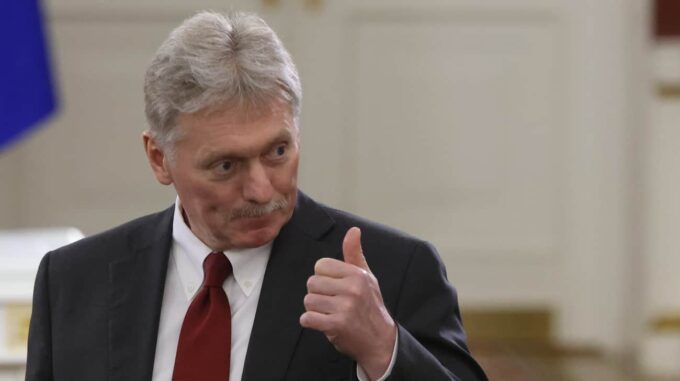The Kremlin unequivocally rejects the idea of introducing a 30-day ceasefire in the context of ongoing Western military assistance to Ukraine, said Dmitry Peskov, the spokesperson for the Russian president

According to him, official Moscow sees no grounds to stop the fire as long as Western countries continue supplying weapons to Ukraine, which, in the Kremlin’s view, significantly fuels Ukrainian military forces and gives them additional advantages on the front lines. In his interview with ABC News journalists, Peskov emphasized that Russian President Vladimir Putin allegedly supported the idea of a temporary 30-day ceasefire; however, the current situation has compelled the Kremlin to change its stance. Responding to a question about the possibility of a truce, the spokesperson reminded that Moscow considers its implementation practically impossible, since Russian troops continue to confidently advance on the front lines and maintain a strategic advantage. A key argument from the Kremlin is the active assistance from the West to Ukraine. Peskov pointed out that in the event of a ceasefire, weapons supplies from the United States and European Union countries should stop. According to him, such a pause in hostilities would provide Ukraine with additional time to build up forces: mobilize new troops, prepare a reserve of personnel, and organize rest for those already engaged in combat on the front. This, in the Kremlin’s view, would create an imbalance and give the Ukrainian army a driving advantage. “Why, then, do we give Ukraine such an opportunity?” Peskov asked, and he responded that such steps would contribute to deepening the idea of obtaining additional resources and strengthening Ukraine’s military potential, while leaving Russia in a crisis situation. Regarding the diplomatic aspect, Peskov assured that Putin allegedly does everything possible to seek a peaceful resolution to the conflict through diplomacy and negotiations. However, according to him, in the absence of actions aimed at achieving peace — specifically, the absence of “peaceful and diplomatic means” — Moscow is compelled to continue its military operation. Thus, the Kremlin’s position remains unchanged: Moscow insists that any attempts to introduce a ceasefire while Western assistance to Ukraine continues are unacceptable and even unjust. According to the Russian leadership, such a move would strengthen Ukrainian forces and thus complicate Russia’s further military campaign in the face of total rejection and resistance from the Ukrainian people and its Western partners.

